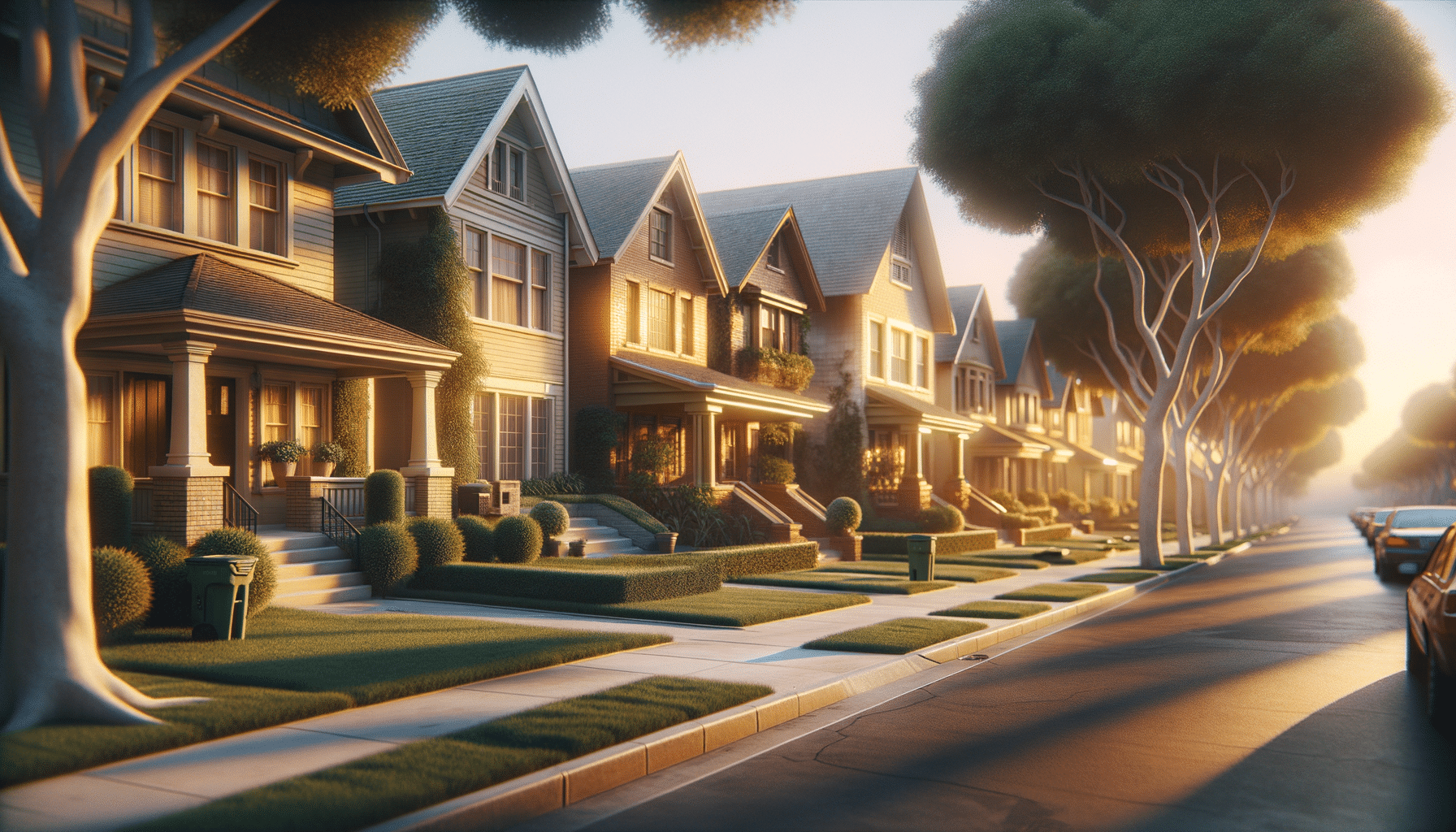
Exploring the Rich Flavors of Middle Eastern Cuisine
Middle Eastern cuisine is a delightful tapestry of flavors, aromas, and traditions that have captivated food lovers across the globe. Its rich culinary heritage, infused with spices and herbs, offers an unforgettable experience for those willing to explore its depths.
The Allure of Middle Eastern Cuisine
One of the most captivating aspects of Middle Eastern cuisine is its diversity. Spanning countries from Morocco to Iran, each region contributes unique ingredients and cooking methods. According to culinary expert Anissa Helou, Middle Eastern food is as diverse as its landscape, ranging from the citrusy notes of Lebanese salads to the hearty stews of Persia.
Core Ingredients
Central to Middle Eastern dishes are ingredients like olive oil, lemons, and a variety of spices such as cumin and coriander. These elements provide the foundation for dishes that are both nutritious and flavorful. A study by the World Health Organization highlights the health benefits of the Mediterranean diet, which shares many similarities with Middle Eastern cuisine, emphasizing fresh produce and healthy fats.
Personal Connection
My first experience with Middle Eastern food was at a family gathering where homemade falafel and hummus were the stars of the show. The rich flavors of chickpeas, tahini, and garlic left a lasting impression, inspiring me to explore more dishes from this vibrant region.
Exploring Popular Dishes
- Hummus: A creamy blend of chickpeas, tahini, and garlic, often served as a dip.
- Falafel: Deep-fried balls of ground chickpeas or fava beans, seasoned with spices.
- Shawarma: Marinated meat, slow-cooked on a rotisserie, typically served in pita bread.
- Baba Ghanoush: A smoky eggplant dip, enriched with tahini and lemon juice.
- Tabbouleh: A refreshing salad made with parsley, mint, tomatoes, and bulgur wheat.
Cooking Tips
Resources for Further Exploration
For those eager to dive deeper into Middle Eastern cuisine, consider visiting online portals like Saveur for authentic recipes and cooking tips. Additionally, cookbooks by authors such as Yotam Ottolenghi provide a wealth of inspiration and guidance.
Comparing Middle Eastern and Western Cuisines
| Aspect | Middle Eastern Cuisine | Western Cuisine |
|---|---|---|
| Spices | Heavy use of spices like cumin and coriander | Moderate use, often focusing on salt and pepper |
| Main Ingredients | Olive oil, chickpeas, lamb | Butter, beef, potatoes |
| Cooking Methods | Grilling, stewing | Baking, frying |
| Common Dishes | Hummus, shawarma | Burgers, steaks |
| Flavor Profile | Complex, aromatic | Rich, savory |
| Health Focus | Emphasis on fresh produce and healthy fats | Varies widely |
FAQs
What is the most popular Middle Eastern dish?
While it’s hard to pinpoint one dish, hummus is globally recognized and loved.
Are Middle Eastern dishes healthy?
Many dishes are considered healthy due to their emphasis on fresh ingredients and healthy fats.
Conclusion
Middle Eastern cuisine offers a vibrant and diverse culinary experience that is both flavorful and nourishing. By exploring its rich traditions and trying out various dishes, you can bring a taste of the exotic to your own table. Embrace the opportunity to experiment with these flavors, and you’ll discover the culinary treasures that this region has to offer.


